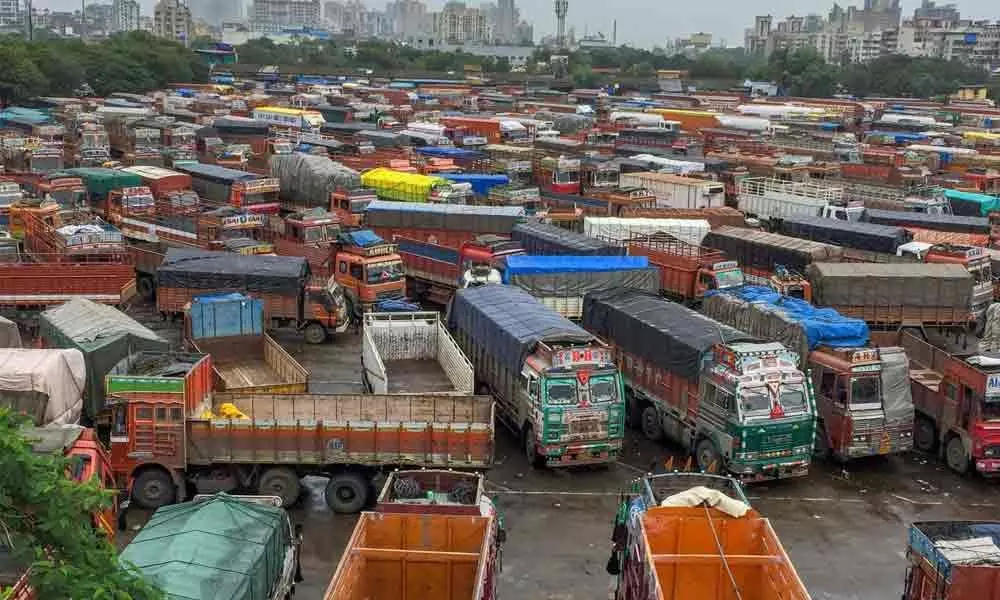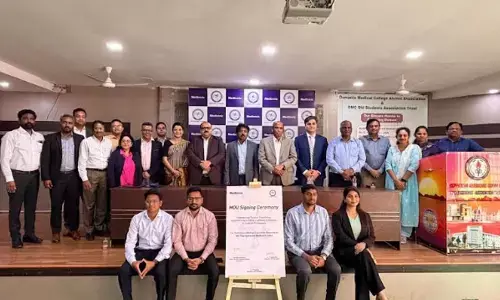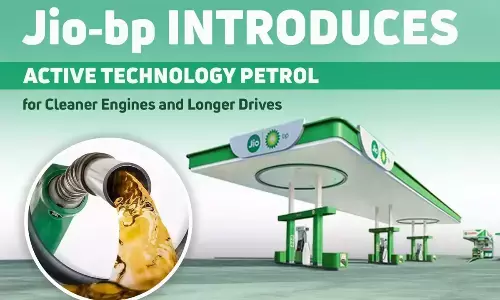Proposed Scrappage Policy Unlikely to Revive Demand for New Commercial Vehicles

The much-awaited vehicle scrappage policy, which is under consideration of the Cabinet, is unlikely to help revive demand for new commercial vehicles (CVs) in the short-term, though used CVs sale may see an improvement, a research note said on October 15.
The much-awaited vehicle scrappage policy, which is under consideration of the Cabinet, is unlikely to help revive demand for new commercial vehicles (CVs) in the short-term, though used CVs sale may see an improvement, a research note said on October 15. However, if CVs with the vintage of 15 years and above are made eligible for scrapping, the impact is likely to be more meaningful in terms of pollution control and catalysing replacement demand than fixing the eligible scrapping age to 20 years and above, rating agency Ind-Ra said. The scrappage scheme, which was first mooted by Nitin Gadkari, the minister for road transport and highways in August 2015, is currently with the Union Cabinet for its approval. It is likely to see stringent registration and fitness norms for pre-2005 manufactured vehicles. As per estimates, there are about 2 crore pre-2005 built vehicles that are plying on Indian roads and the move is aimed at de-incentivising such vehicles in view of about 10 to 25 times higher pollution emission by them under the new emission norms, sources had said late last month.
"The vehicle scrappage policy, on implementation, would improve demand for used commercial vehicles (CVs) but not contribute meaningfully to revive demand for new CVs in the short term," the research note added. Noting that the degree of demand for used CVs would depend on the vintage of the CV to be considered for scrappage, it said the successful implementation of the plan
is dependent on the incentive structure for the owner to voluntary dispose of the old CV as well as adequate scrapping infrastructure. The agency believes the overall value chain of CV is
likely to contract, therefore improving the demand for used CV and consequently increasing its resale value, Ind-Ra said.
In May 2016, the government had floated a draft Voluntary Vehicle Fleet Modernisation Programme (V-VMP) that proposed to take 28 million decade-old vehicles off the road. A committee of secretaries (CoS) recommended to the ministry redesigning of the scheme for greater participation of states with partial support from the Centre. The CoS had suggested that the "scheme may dovetail a calibrated and phased regulatory approach for capping the life of vehicles together with stricter implementation of emission norms" and accordingly a revised consultation paper got the in-principle nod at PMO. According to the rating agency, as per the typical CV value chain, CVs aged above 12-13 years till the end of their life are owned by small road transport organisations or single truck owners, while new CVs with a vintage of four-to-five years are owned by big fleet operators.
"If CVs aged above 15 or 20 years are to be scrapped, then replacement demand would be generated at the bottom of the value chain. However, owners of such old CVs are unlikely to buy a new CV due to their limited scale of operations and financial resources. They would rather opt for a used CV of a lesser vintage," it added. Therefore, the replacement demand would migrate from
the bottom towards CVs with a vintage of 10-12 years, firming up their prices, it said. As per the note, approximately, 1.2 million registered CVs would be equal to or older than the age of 15 years by 2020, constituting about 16 per cent of the total on-road CVs.
Contrarily, around 0.3 million or 5 per cent of the total on-road registered CVs would be eligible for scrappage policy for vintage limit of 20 years and above, the note said adding it is possible that many of these are already scrapped due to wear and tear; hence, the actual proportion of on-road CVs with vintage greater than or equal to 20 years could be less than 5 per cent.
Therefore, the agency believes a lower scrapping age of 15 years could lead to a relatively higher replacement demand at the bottom of the value chain than the scrapping age of 20 years, it said.

















